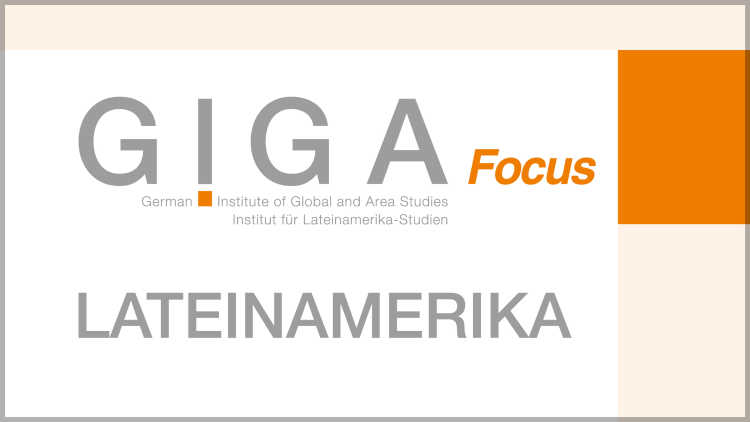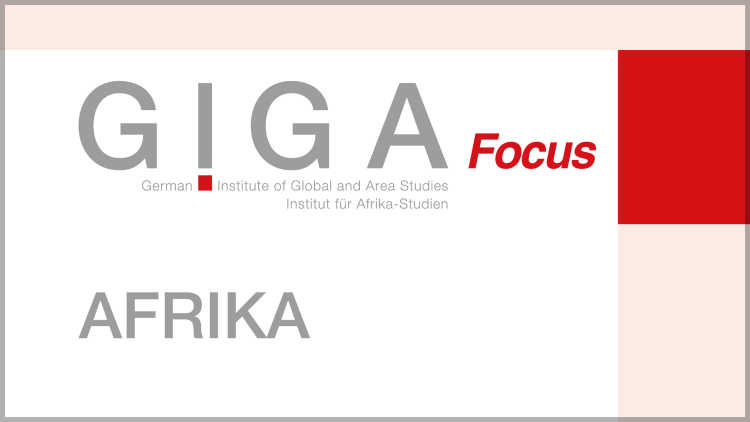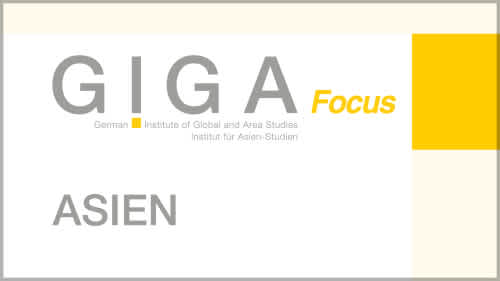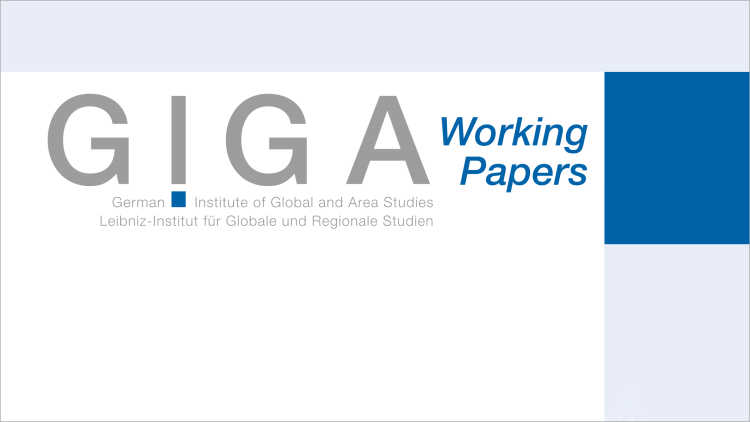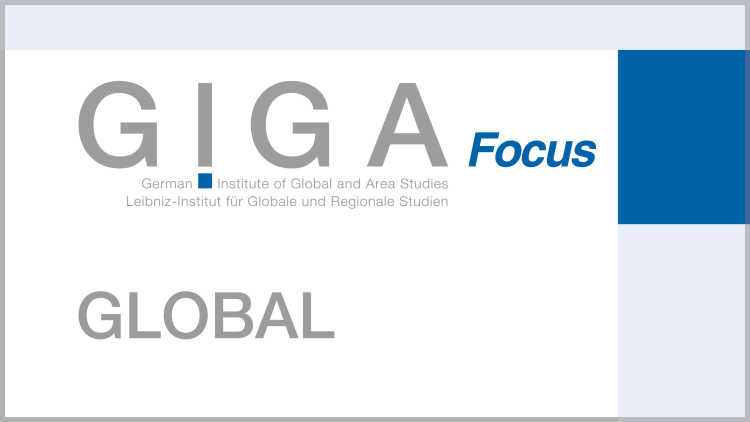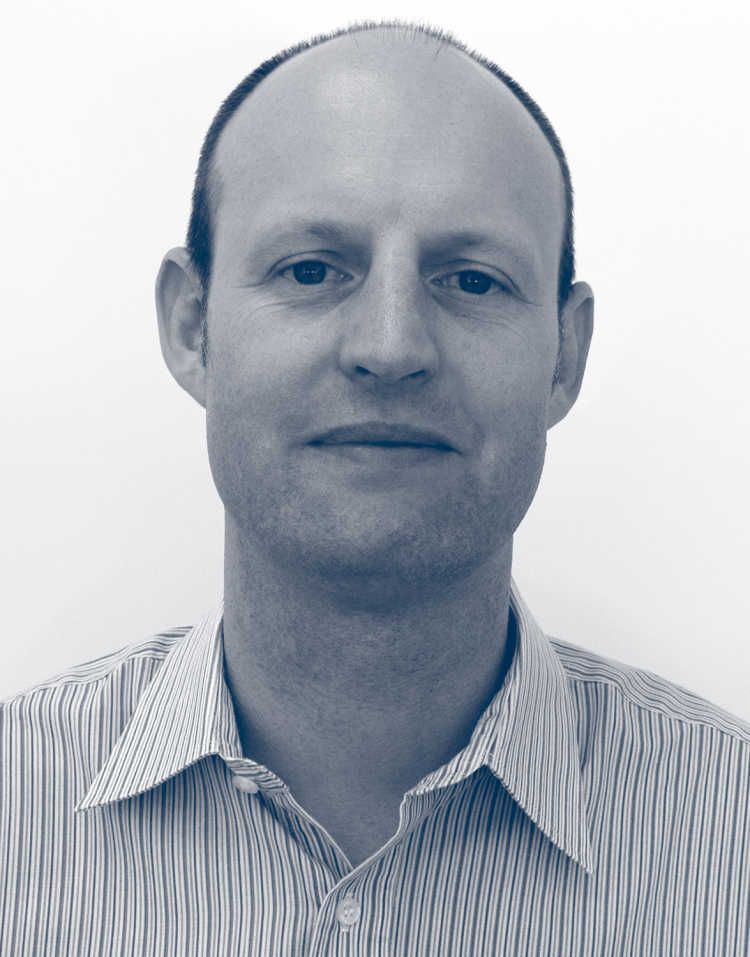- Home
- Publications
- GIGA Focus
- Green Growth, Green Economy und Green New Deal. Die „Vergrünung“ nationaler Politik in Südkorea
GIGA Focus Asia
Green Growth, Green Economy und Green New Deal. Die „Vergrünung“ nationaler Politik in Südkorea
Number 10 | 2009 | ISSN: 1862-359X
Um die globale Wirtschaftskrise zu bewältigen, haben Anfang dieses Jahres zahlreiche Regierungen umfangreiche Konjunkturprogramme beschlossen. Ein Teil dieser Wirtschaftshilfen ist für umweltverträgliche Initiativen und Programme vorgesehen. Laut dem Umweltprogramm der Vereinten Nationen (UNEP) werden zwei Drittel dieser "grünen" Konjunkturpakete im asiatisch-pazifischen Raum ausgegeben (UNEP 2009). Mit einem "grünen" Anteil von etwa 80 Prozent an den gesamten Staatshilfen steht Südkorea weltweit an der Spitze.
Analyse Während die klimapolitischen Ziele der südkoreanischen Regierung wie die freiwillige Senkung von Treibhausgasemissionen anerkennenswert sind, erscheint die "grüne" Wachstumsstrategie als ein zweischneidiges Schwert. Denn das Gros der Einsparungen soll vor allem durch den massiven Ausbau der Nuklearenergie erreicht werden.
Das "grüne" Wachstum soll das Entwicklungsparadigma Koreas für die kommenden Jahrzehnte werden.
Mit der Ausrichtung der heimischen Wirtschaft auf das neue Konzept hofft man, eine globale Führungsrolle übernehmen zu können.
Für ein umweltverträgliches Wachstum soll verstärkt in "grüne" Technologien investiert werden. Regenerative Energien spielen dabei eine nebensächliche Rolle. Statt dessen soll die Atomenergie massiv gefördert werden. Fragen zur Endlagerung von Atommüll oder der Betriebssicherheit von Kernkraftwerken bleiben vorerst unbeantwortet.
Forderungen nach dem Aufbau von Wiederaufarbeitungskapazitäten für nukleares Material sind politisch heikel.
Footnotes
Regional Institutes
Research Programmes
How to cite this article
Shim, David (2009), Green Growth, Green Economy und Green New Deal. Die „Vergrünung“ nationaler Politik in Südkorea, GIGA Focus Asia, 10, Hamburg: German Institute for Global and Area Studies (GIGA), http://nbn-resolving.de/urn:nbn:de:0168-ssoar-276797
Imprint
The GIGA Focus is an Open Access publication and can be read on the Internet and downloaded free of charge at www.giga-hamburg.de/en/publications/giga-focus. According to the conditions of the Creative-Commons license Attribution-No Derivative Works 3.0, this publication may be freely duplicated, circulated, and made accessible to the public. The particular conditions include the correct indication of the initial publication as GIGA Focus and no changes in or abbreviation of texts.
The German Institute for Global and Area Studies (GIGA) – Leibniz-Institut für Globale und Regionale Studien in Hamburg publishes the Focus series on Africa, Asia, Latin America, the Middle East and global issues. The GIGA Focus is edited and published by the GIGA. The views and opinions expressed are solely those of the authors and do not necessarily reflect those of the institute. Authors alone are responsible for the content of their articles. GIGA and the authors cannot be held liable for any errors and omissions, or for any consequences arising from the use of the information provided.

